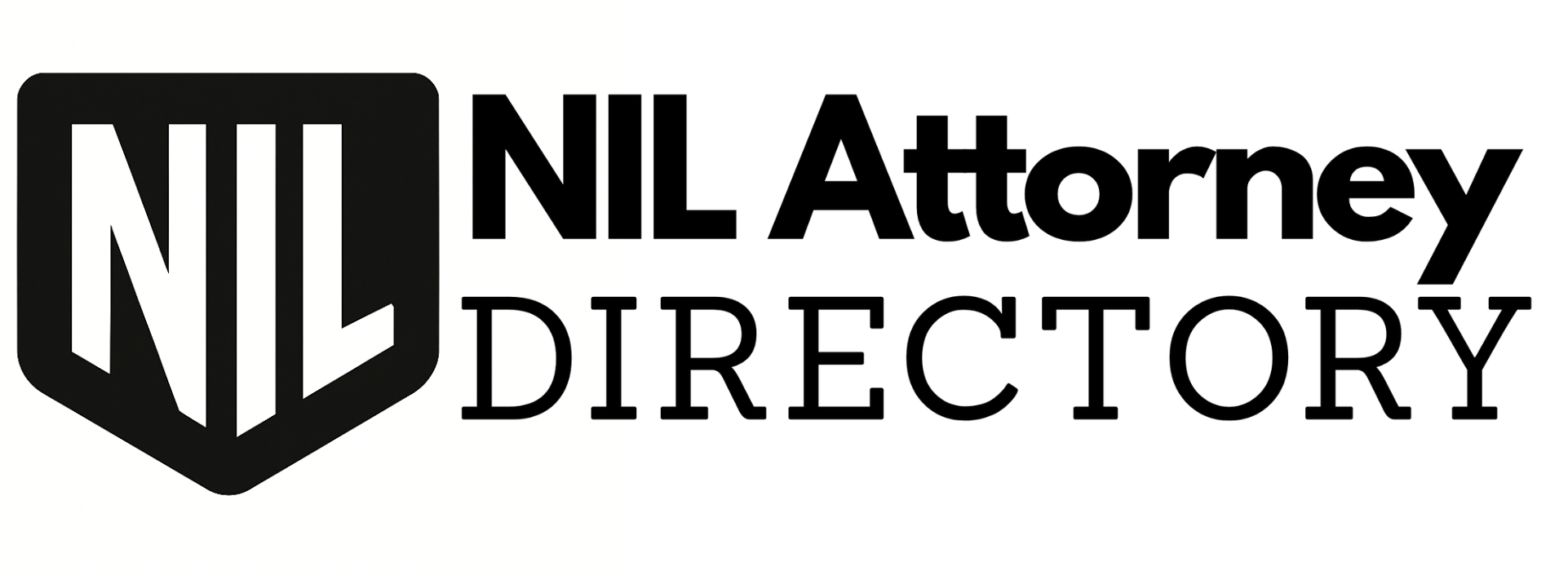Social Media, Sponsorships, and NIL: Legal Issues You Should Know
Protecting Your Brand and Content
For today’s student-athletes, social media is more than a platform—it’s a business tool. Instagram posts, TikTok videos, YouTube content, and even livestreams can all generate income through sponsorships and partnerships. In the NIL era, these opportunities have created new revenue streams for athletes at every level.
But with opportunity comes risk. Every sponsored post or brand collaboration is a business deal, and the legal details matter. Without proper protection, athletes could lose control of their content, their brand, or even their eligibility. Here are the key legal issues every athlete should know before posting that next ad or signing a social media sponsorship contract.
Who Owns the Content You Create?
When you post content on behalf of a brand, the contract often determines who owns that content. Some companies try to claim ownership of videos, photos, or captions you create, even after the deal ends.
What to watch for:
- Does the contract give the brand the right to reuse your content indefinitely?
- Can they edit or repurpose your image without your approval?
- Are you giving away rights to your likeness beyond the scope of the deal?
An NIL attorney ensures you maintain control of your personal brand and prevents companies from exploiting your content long-term.
Exclusivity and Conflicts of Interest
Brands often want exclusivity—meaning you can’t promote their competitors. While this makes sense in some cases (like sports apparel), overly broad exclusivity clauses can limit your future opportunities.
Example: Signing a deal with an energy drink company that bars you from endorsing any beverage, even unrelated products like bottled water.
Attorneys help narrow exclusivity terms so you can maximize partnerships without blocking yourself from future deals.
Disclosure and Compliance Rules
The Federal Trade Commission (FTC) requires influencers—including athletes—to disclose paid partnerships. Posts must clearly indicate when they are sponsored, using terms like “#ad” or “#sponsored.” Failure to disclose can lead to fines or reputational damage.
On top of that, NCAA guidelines, state laws, and school policies may require athletes to report NIL deals for compliance. Attorneys make sure contracts and content strategies follow the rules, keeping your eligibility safe.
Payment and Deliverables
Social media sponsorship contracts often outline how much you’ll be paid and what content you must produce. Common issues include:
- Vague deadlines or unclear deliverables.
- Payment tied to unrealistic performance metrics (like “viral reach”).
- Brands failing to pay on time or in full.
An attorney ensures payment terms are fair, specific, and enforceable—so you’re compensated properly for your work.
Protecting Your Reputation
Your brand is your most valuable asset. Partnering with the wrong company—or signing a contract without safeguards—can harm your image. For example, you may not want your name tied to products that conflict with your values or long-term career goals.
Attorneys help review brand partnerships to ensure they align with your image and won’t damage your reputation with schools, fans, or future sponsors.
The Bottom Line
Social media is one of the most powerful tools for student-athletes in the NIL era, but it comes with legal challenges. From ownership of content to compliance with disclosure rules, every sponsorship deal should be carefully reviewed before you hit “post.”
An NIL attorney protects your rights, ensures fair terms, and helps you build a personal brand that lasts beyond your playing days.
Before signing your next social media sponsorship contract, ask yourself: Does this deal protect my content, my eligibility, and my reputation? If you’re not sure, it’s time to consult an attorney.


